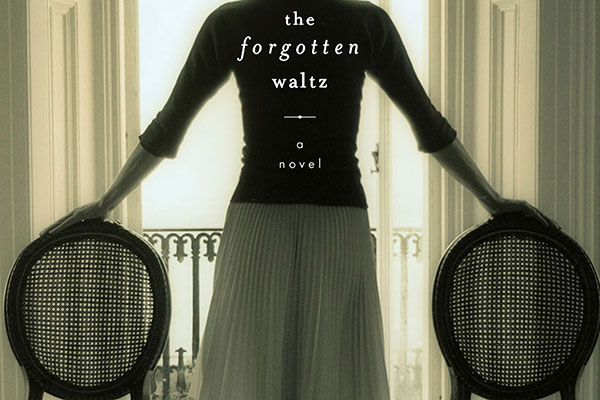The Forgotten Waltz
By Anne Enright
The plotting leading to Gina’s ultimate situation is rather slow. Near the end of the book, I found myself feeling like nothing much had happened. Yes, Gina had fallen for Seán, yes, they had both left their spouses, and yes, Gina’s mother died, but the usual pain and turmoil of marital separations was lacking. However, I soon became aware of the subtlety of Enright’s narrative. Enright cleverly uses these events in the novel to contribute to Gina’s growing uncertainty in love. In the end, I think we can conclude that Gina, in her quick decision to leave Conor for Seán, begins to question the certainty of the relationship between her and Seán. Her relationship and conversations with Evie, Seán’s daughter, in the last chapters force Gina to consider Seán’s past infidelities to Aileen, his ex-wife and mother of Evie. Gina contemplates, “Did he love my sister that day in Brittas? Or all of these women, all of the time? I don’t care. He loves me now. Or he loves me too. Or. I love him. And that is as much as any of us can know.” Gina’s confusion as to whether what her and Seán share is genuine, or just another fling for him, becomes all too apparent.
From the novel’s outset, Gina’s retrospective first person narrative emphasises her deepseated uncertainty. However, the reader is unaware why Gina’s narrative is so vague and disjointed. Her hazy narrative does not necessarily paint a picture of love at first sight. At times the retrospective narrative was unclear, and at points I found myself frustrated with Gina’s fluctuating stream of consciousness. However, I must admit that it does effectively communicate Gina’s inner turmoil, which the reader learns more about as the novel progresses.
Enright’s novel offers the reader a less typical perspective of an affair and the events which follow it. Although the narrative may cause some frustration, it is an accessible read which I would recommend to anyone who is interested in reading about what happens when we get what we want, even though we were perhaps better off without it.






